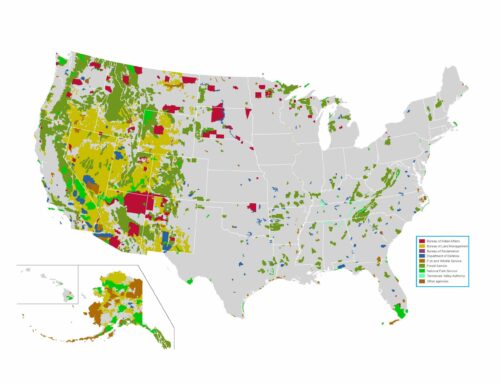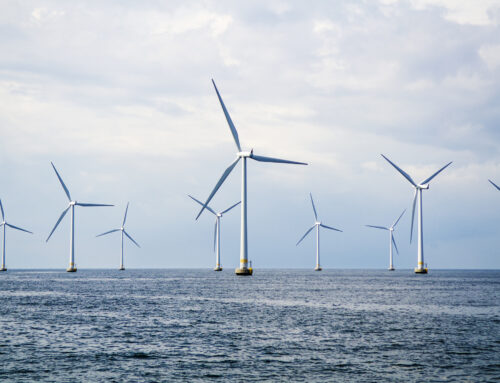by Greg Walcher, E&E Legal Senior Policy Fellow
As appearing in the Daily Sentinel
Steve Moore’s “Committee to Unleash Prosperity” often shares charts and graphs that graphically illustrate otherwise complex arguments, a simple picture often being worth a thousand words. One especially impressive bar chart calls attention to a thorough study, published in the journal “Environmental Science,” analyzing plastic debris in the world’s oceans to find out how it got there. It is an eye-opener for anti-plastic crusaders everywhere.
The study was led by Christian Schmidt, a hydrogeologist at the Helmholtz Centre for Environmental Research in Germany and has been cited in more than 650 other articles and studies, nearly all of which confirm the findings. Here is the short version — the massive amount of plastic debris floating in the world’s oceans is not dumped from ships, but is carried there from 10 major rivers. Virtually all of it. The study found that these 10 rivers transport up to 95% of the global plastic “load” into the oceans. None of them are in the U.S. In fact, statistically speaking, the percentage of the world’s plastic debris found in oceans that comes from the U.S. is precisely zero.
There is a good reason for that. Americans do not throw their trash into the rivers. There may have been a time when that was common practice, but not in our lifetimes. Certainly not since the discovery of appalling islands of plastic in the Pacific Ocean and the growing awareness of their threat to fish and wildlife.
Here is the unvarnished truth we now know, thanks to this and several similar recent studies. Almost all the plastic in the oceans comes from China. Over 1.5 million tons annually is washed into the oceans from the Yangtze, Yellow, Haihe, Pearl and Amur rivers, all of them in China. There are also statistically measurable contributions from the Mekong, which originates in China and flows through Laos, Cambodia, and Vietnam, and from two rivers in Africa, the Nile and Niger, and from the Ganges and Indus, both in India. But at 90%, it is the Yangtze, the world’s third longest river, that produces almost all the plastic pollution in the oceans.





